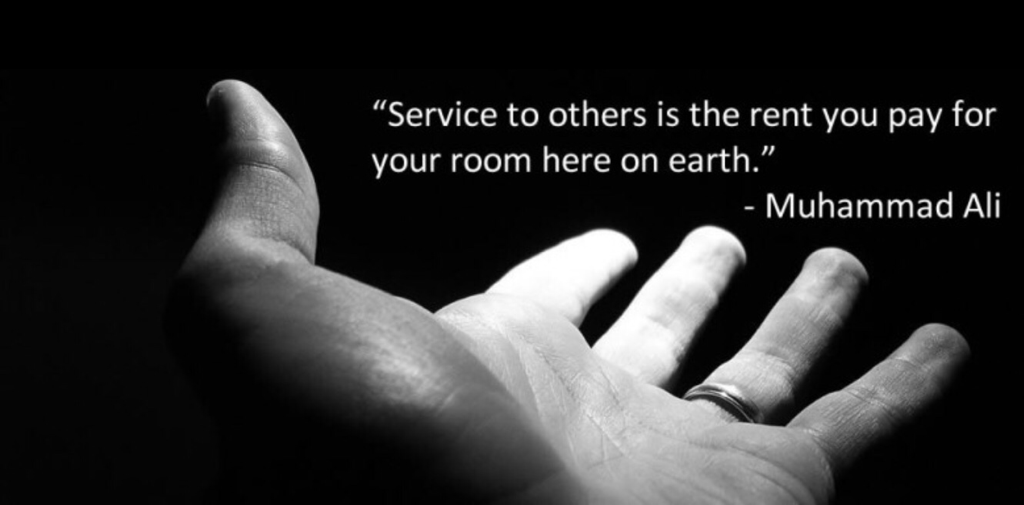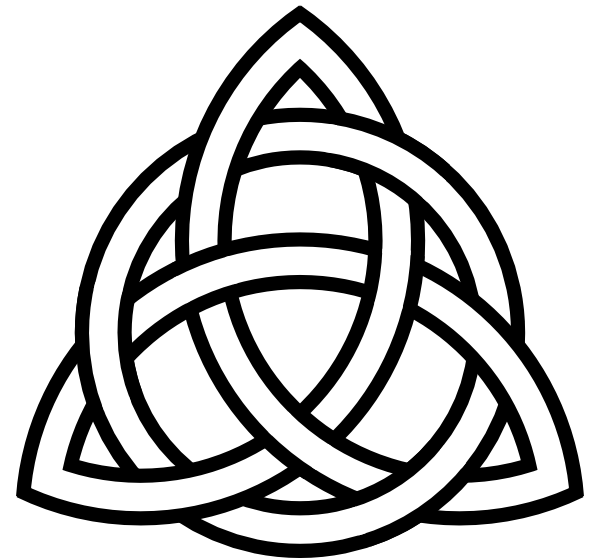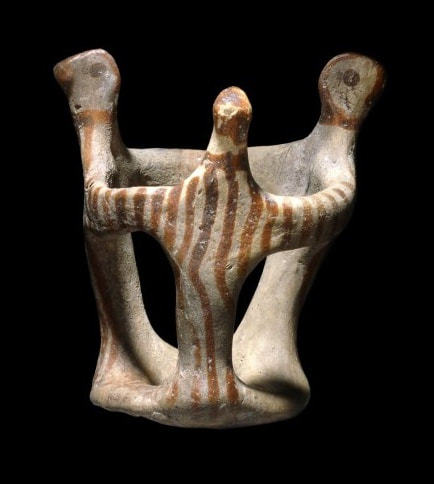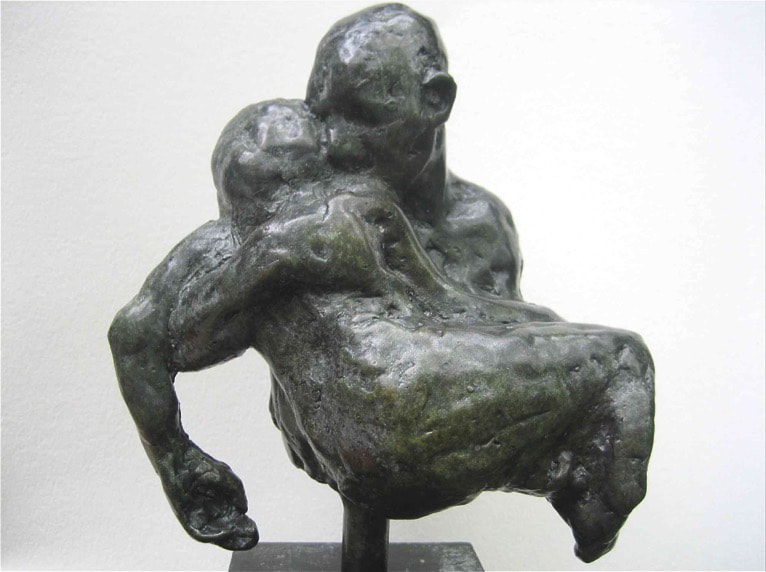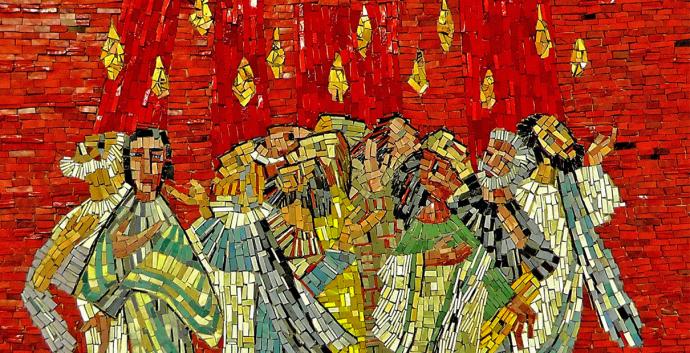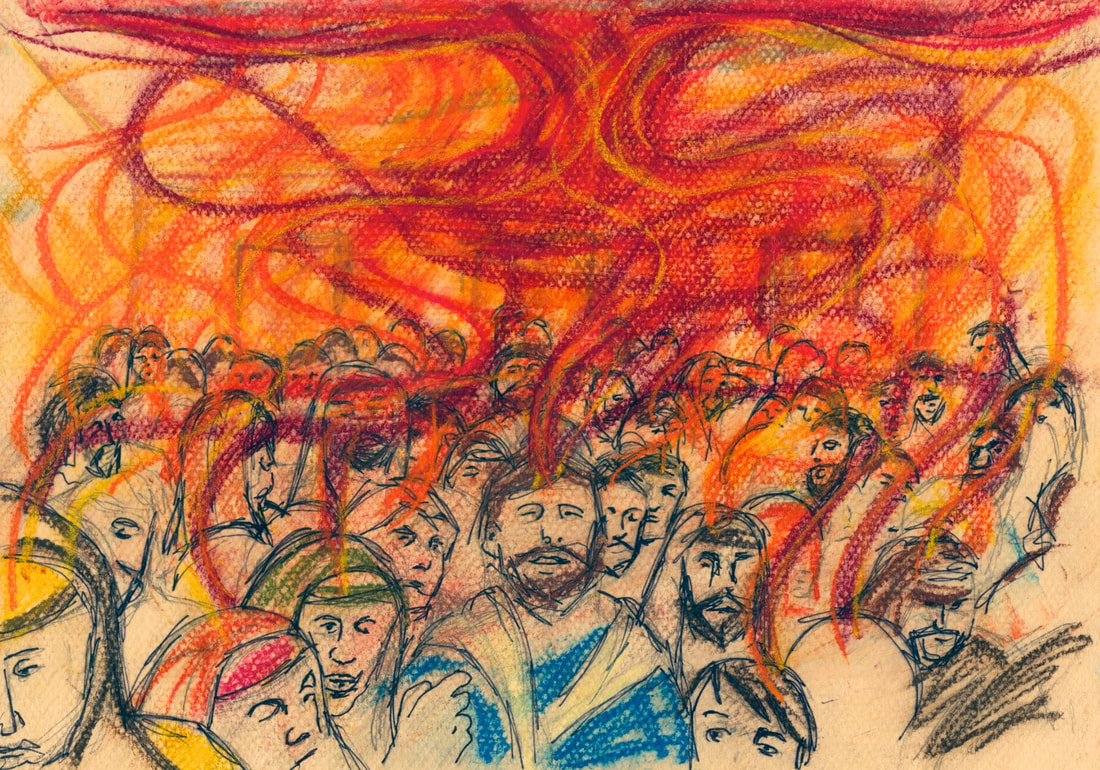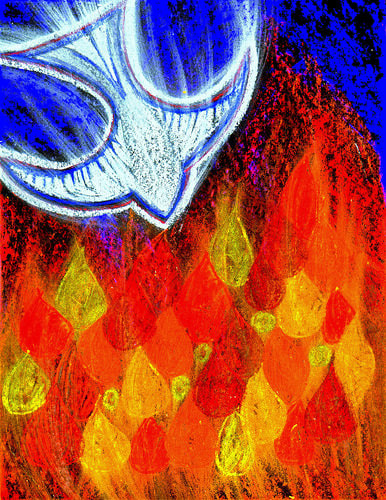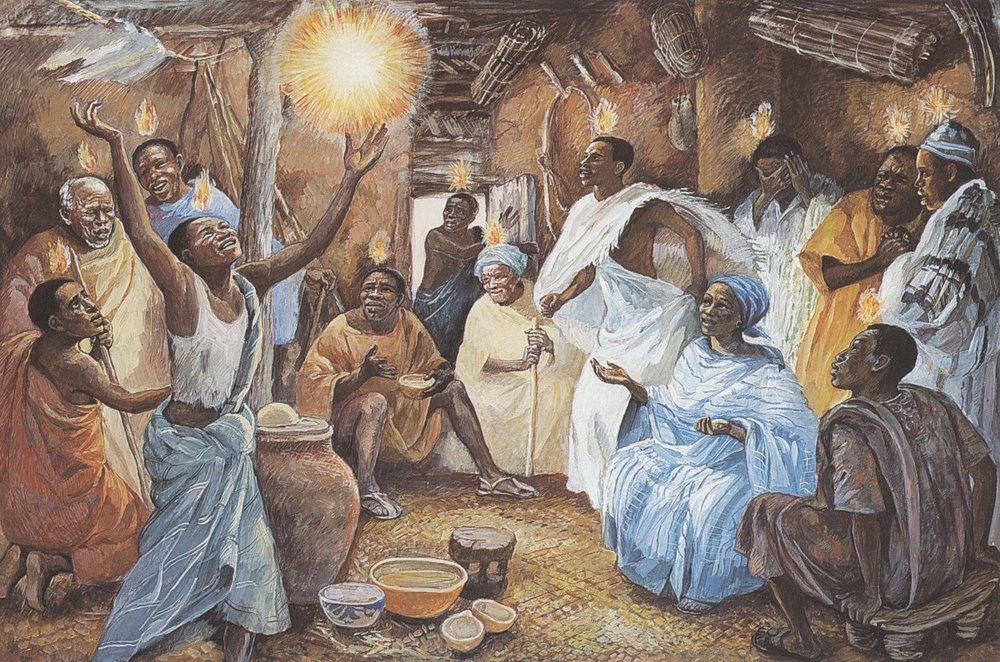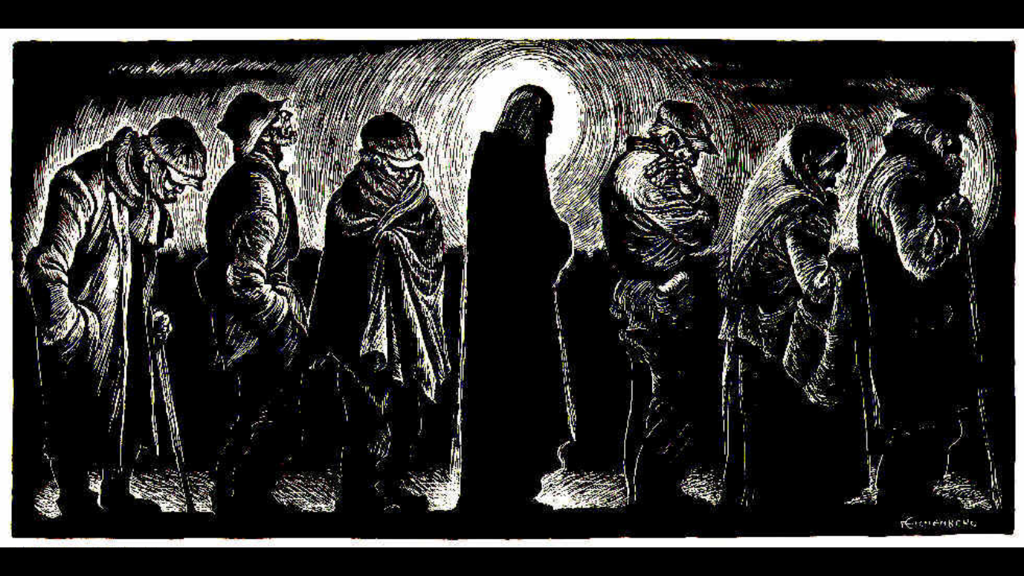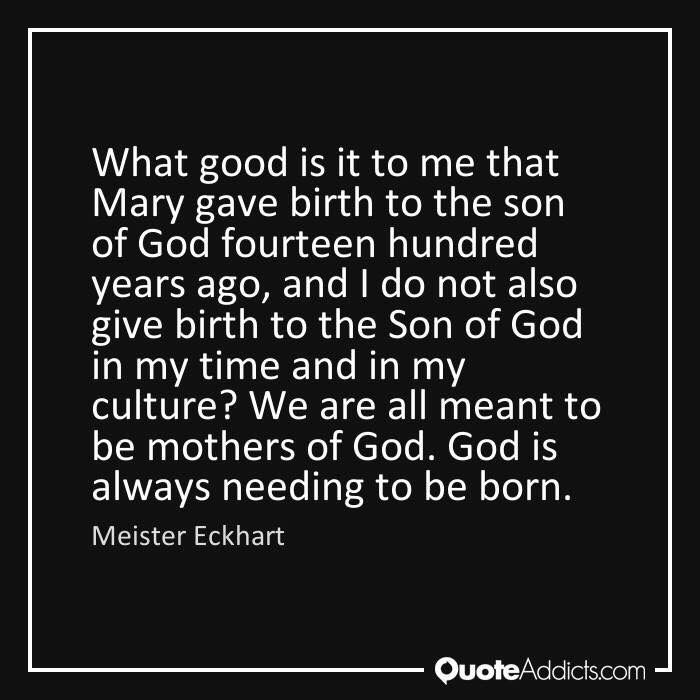|
Watching Game One of the NBA finals (Golden State 124 v. Cleveland 114). Watching the feet is just as much fun for me as watching the competition itself. Like ballet, each step and pivot is nothing short of magical. Even the uncalled traveling that goes on brings me joy.
While I watch this fancy footwork in action I think of something a friend of mine said in a vlog. “Take a step today. A small step or a big step. Just take that first step towards your dream.” My response to her helped me realized it’s not the steps or the feet as much as it is the space between. There is great magic between the steps we take. From the time we lift our foot up to when we place it back down, God has already done so much for us in this one simple movement. Which makes me think about how much God does all around us that we take for granted. Oxygen. Gravity. Soft grass. Warm sand. A good pair of shoes. The list is endless. Take the step!
0 Comments
Jesus, as the Bible teaches, was persecuted; sentenced in an unjust court and crucified on a brutal cross. The son of God, killed, murdered, and sacrificed. Why? Because he was considered a threat to the way the world had come to order itself. His life was an example - a good or bad one depending on which side you were on.
Jesus was poor but a threat to the wealthy and the economy designed to favor themselves. Jesus was gentle and caring but was a threat to those who used physical force, political power and indebtedness to control others. Jesus hungered and thirst for righteousness and made it his life’s goal to teach others to do the same. He pursue justice no matter the cost and this threatened the judicial system that separated the powerless from getting in the way of the powerful. Jesus was merciful which was welcomed by those who sought mercy but a threat to those who mercilessly inflicted great pain and suffering on others out of fear, insecurity, or xenophobia. Jesus was pure in heart which threatened all of us who selfishly abandon good and rightness for the sake of self-satisfaction and greed. Jesus was a peacemaker in a world addicted to war, violence, and division. His way was not and still is not welcome in this world. Henri Nouwen wrote, “The Blessed One of God is a threat to the established order and a source of constant irritation to those who consider themselves the rulers of this world. Without his accusing anyone he is considered an accuser, without his condemning anyone he makes people feel guilty and ashamed, without his judging anyone those who see him feel judged. In their eyes, he cannot be tolerated and needs to be destroyed, because letting him be seems like a confession of guilt.” Fear is a powerful drug that makes human beings do some pretty crazy things. As we seek to become more like Jesus, there’s a good chance that we too will not always to be liked and admired. And we have to be prepared to be rejected, even in the most hurtful and harmful ways. But let us not forget that in the midst of this struggle to be like Christ, others are also struggling to comprehend it, and find their place in it. It’s counterintuitive as much as it counter cultural. At first we will be a threat, but eventually our non-judgmental love and our willing to be merciful, forgiving and peacemaking will so that we are not the threat, nor are we seen as the problem. Let us live in love, just as Jesus did, even if it kills us. ”How we spend our days is, of course, how we spend our lives.” Annie Dillard, The Writting Life.
”If I am to spend my whole life being transformed by the good news of Jesus, I must learn how grand, sweeping truths - doctrine, theology, ecclesiology, Christology - rub against the texture of an average day. How I spend this ordinary day in Christ is how I will spend my Christian life.” Tish Harrison Warren, Liturgy of the Ordinary. We are told to live like Jesus (love, forgive, serve, help, redeem, restore, ect.). But we learn this from only a small fraction of his life. In fact most of Jesus’ life was simply being himself, as mundane and boring as it could have been. We are not spending every day and hour and minute of our life performing miracles, and healing people or forgiving sin. But we do spend every day, hour, minute and second with God in and around us which means our ordinary, mundane life matters. How we spend our day, meeting people, learning things, having conversations, working our jobs, driving and shopping, or finding a moment to be quiet and alone, all matter to God. For its in these moments God blesses us. It’s in these moments we see Jesus (or Jesús) in the face of the other. And it’s in these moments we come alive and begin to transform ourselves and the world around us. There’s something in all human beings that draw us together to create communities. I don’t think it’s a passion for laws, rules, or guidelines. Nor do I think it’s about being enslaved or indebted to one another. Instead I think there is something in the way we are made, or wired, that gives us an internal longing - a sense of being and belonging.
In the previous post I spoke of the Holy Trinity, and the early Christian image of God’s Three-in-One characteristic, perichoresis, as a circle dance. The never ending flow of giving and receiving between God (Father, Sin, and Holy Spirit) is a pattern of reality where God is not only the dancer(s) but also the dance itself. This idea, which is spelled out beautifully in Richard Rohr’s book The Divine Dance, tells us something about who we are having been created in the image of the divine. That is we were made to been in harmony with one another just as God is in perfect harmony with God’s truest self. Perichoresis, the circular dance, would suggest we are made for community. We might like our alone time, but too much of it isn’t good for our mind or spirit because it goes against the natural idea of being made in the image of a God who does not work alone. The problem we seem to have then is trying to figure out where we belong. A few years ago my family and I moved to rural Michigan, a 180 degree departure from where we were in a giant urban city that had more residence than all of “the Mitten.” Like anywhere in the world there were many different groups to identify with. But which one would my family and I join? We spend so much time in our life trying to find our place and where we belong; often relying on the basic framework of family, church, work, school, or social communities. This can offer all sorts of dangers (as well as joys) each depending on many different sets of criteria. But Jesus came and taught of a new community and a new family; not one made from blood and DNA or which high school you go to. When a crowd had gathered to hear him preach, someone told Jesus, “Your mother and brothers and sisters are outside trying to get in.” Jesus answered by saying “For whoever does the will of my father in heaven is my brother and sister and mother.” (Matthew 12:46-49) The Quaker teacher Douglas Steere was fond of saying that the ancient human question “Who am I?” leads inevitably to the equally important question “Whose am I”—for there is no selfhood outside of relationship.” In his book Let Your Life Speak, author Palmer Parker writes, “As I learn more about the seed of true self that was planted when I was born, I also learn more about the ecosystem in which I was planted—the network of communal relations in which I am called to live responsively, accountably, and joyfully with beings of every sort. Only when I know both seed and system, self and community, can I embody the great commandment to love both my neighbor and myself.” Jesus tells us we become family and community by hearing God’s Word and obeying it. The word is the seed that will produce the fruits of the community. We each have the seed planted within us. It’s been thee long before our birth. While that seed will grow, to what size or to bear what fruit is up to us to work out. I believe that to do the will of the Father means to follow the example of the Son. He taught us how to love one another and forgive each other - these two things seem to be at the root of healing and transformation. We can do what Jesus did (as difficult as it might seem) because we have the indwelling of God’s Spirit, the seed that grows and grows and grows. God has invited us into community with the Trinity. We are invited to join the circular dance and to be the dance ourselves. Accepting this invitation is how we become brothers and sisters despite birth order, parents, or social status. By saying yes to God we become children of God. So instead of asking where do I belong, ask: To whom do I belong? Instead of saying to what do I belong, ask: To which do I belong? Instead of saying how do I belong...just be who God made you to be in the first place. Which is to say...as beloved children of God the Father, heirs to the blessings alongside of God the Son, and doers of righteousness with God the Holy Spirit. Parker J. Palmer, Let Your Life Speak: Listening for the Voice of Vocation (Jossey-Bass: 2000). Rohr, Richard. The Divine Dance: The Trinity and Your Transformation. (Whitaker House: 2016). Today in the church it’s Trinity Sunday, or Heresy Sunday as some theologians call it because of all the bad sermons that try to explain this idea of a Triune God. As Martin Luther once warned, “To try to deny the Trinity endangers your salvation, but to try to comprehend the Trinity endangers your sanity.” Considered to be one of the most important teachings in Christian faith, the doctrine of the Trinity is also one of the most difficult to understand. It suggests that God is most perfectly revealed as Three, but is really One. It’s a mathematical conundrum that had our Jewish ancestors confused and writing it off as a bunch of gobbledygook.
Today I’m not going to try to explain the Trinity, which would be crazy. Instead I’d like to look at how the three work together in us to keep us properly balance with God. While I thought about this question, my daily bible verse popped up in my notifications feed. It’s the one we read today. Like a divine message, it reveals a lot about the trinity. Read Paul’s passage again (above) and you will notice that nowhere in these two short verses is the word Trinity mentioned. That’s because the word is nowhere in the bible. But that doesn’t mean the Trinity isn’t there…in a different form…in a different word. That word is Grace. Right up there with life itself, grace is God’s greatest gift to the world. More than just forgiveness or a get out of jail free card, grace is both an invitation to be in the presence of God… and a call to be the presence of God in all that we do. Paul writes, “The grace of God has appeared.” But this didn’t just happen randomly. Think about it, in order to receive a gift, the gift must first be given, right? As logic would suggest, for something to appear it must first belong to someone or something. Everything has a starting point. The chicken had the egg. Or the egg had the chicken. The same way a baby chick is born, the grace of God comes to life in God – the Divine Parent – the first part of the Trinity. God initiated grace because lets face it, we’d be doomed without it. To quote Hannah Montana “Everybody makes mistakes. Everyone has those days.” Our divine parent knows that “nobody’s perfect, and we got to work it, again and again until we get it right.” Grace is God’s way of saying, “I get you. I love you. And I’m rooting for you to succeed. But please stop singing Hannah Montana!” Grace originates from God’s heart. And just as it is with God’s love this divine grace knows no boundaries. It is inclusive, given to all who want it – not because we earn it, but because God knows us and knows we need it. I like the Message’s translation of this passage. It says, “God’s readiness to give and forgive is now public. Salvation’s available for everyone!” Grace shows how God is for us, and wants nothing from us… but us… even if we make mistakes from time to time. Paul tells Titus, “The grace of God has appeared bringing salvation for all people.” The grace that first appeared in God’s heart comes to us in the fullness of God’s love who is Jesus, the Savior, the second part of the Trinity. Christians profess Jesus as Lord. And describe him as a shepherd, a rock, a stronghold and refuge, a brother and a friend. In the Bible he is called the Christ, the Messiah, the Son of Man, the Son of God, the Word of God, and Emmanuel, which means God with us. There are many ways to speak of Jesus but his purpose remains singular… to bring salvation to all of God’s children. Jesus is the bearer of God’s grace that saves us from ourselves. Love is what we were created from, and love is what we were made for. Just as God shared Jesus with us, so too are we to share this gift with others. Through Jesus God’s love flows to us, and through us, so that God is with us always. Paul wrote, “The grace of God has appeared, bringing salvation for all people, training us in the present age to live lives that are upright, and godly.” As if just getting by in today’s world isn’t hard enough that now we have to be godly? What happen to this idea of “nobodies perfect?” I’m not so sure God is asking us for perfection but for practicing our faith daily. God gives us grace because living in grace and thriving in love takes practice. Like Hannah Montana, “we got to work it, again and again until we get it right?” The good news is when we accept the gift of Christ Jesus we also receive the Holy Spirit, the third and final part of the trinity. As we discovered last week for Pentecost, the Holy Spirit comes to us so God can be as close to us as our own breath. The Spirit is our advocate that fights for us, and lifts us up when life knocks us down. Like a personal trainer or life coach, the Spirit keeps us focused on the will of God and trains us to live in Christlikeness. From God’s mouth to our hearts, the Spirit swirls around creation uniting us to be in kinship with God and with each others. The Holy Spirit is our constant reminder that God is in us – revealing to us the way of Jesus that leads to our salvation. The Creator, the Savior, and the Sustainer: Three unique parts of One God, working together to unite the world in God’s love. I fear I have overly simplified the Trinity. And it’s possible I might be called a heretic for doing so. It wouldn’t be the first time. And I doubt it will be the last. Thankfully, God is gracious and forgiving. So before I get burned at the sake I will leave you with an illustration of the Trinity that has been passed down by the early church fathers. They best described this complex idea as a simple circular dance where all three unique elements of God hold hands and move together to the rhythm of one heartbeat. A lot like the fidget spinner idea, the three dance in sync and in perfect balance – yet they maintain their individuality. This Divine Dance reminds us that no matter how we define the mystery of God…it will always be a holy community held together by the love of God. We too are created in the image of a loving community. Like one body, made up of different parts, we find our balance being in God’s love and being God’s love to one another.
The Triune God invites you to be in the center of this sacred dance, and welcomes all of us into this heavenly community, naming us children, sons and daughters, heirs to the blessings and grace of Christ Jesus. In this Spirit we are able to dwell in the gracious love of the God who is for us, the God who is with us, and the God who is in us. Now and forever, Amen. I owe so much of my heart to the insight and inspiration of the late Henri Nouwen who wrote this many, many years ago. “Jesus, the Blessed One, is gentle. Even though he speaks with great fervor and biting criticism against all forms of hypocrisy and is not afraid to attack deception, vanity, manipulation and oppression, his heart is a gentle heart. He won't break the crushed reed or snuff the faltering wick (see Matthew 12:20). He responds to people's suffering, heals their wounds, and offers courage to the fainthearted. Jesus came to bring good news to the poor, sight to the blind, and freedom to prisoners (see Luke 4:18-19) in all he says, and thus he reveals God's immense compassion. As his followers, we are called to that same gentleness.” Today’s violent and divisive world doesn’t leave much room for sharing gentleness with others, yet that is precisely why we need to embrace these words and take up this cross now more than ever. People continue to suffer, desire compassion or a gentle nudge of encouragement. If not you and me, then who? While it takes a whole hunk of vulnerability to allow yourself this freedom to be with someone in their pain or suffering - without having anything but your presence to offer - the reward for doing so can be transforming, if not down right life giving. The disciples were first hand witnesses to this. And they took what they learned and went a did the same. Now it’s our turn. To practice the acts of love as Christ did is to thrive in the same Spirit of love as he did. No one can sit in the presence of God and walk away unchanged, whether you’re the giver or the receiver of God’s gentleness. How might you embrace or showcase your gentleness? Charlie Mackesy Prodial Daughter. Bronze.
We’ve got to unite ourselves as one body. Another inspiring quote from Shane Claiborne’s book The Irresistible Revolution:
“I’m not sure we need more churches. What we really need is a church. I say one church is better than fifty. I have tried to remove the plural form churches from my vocabulary, training myself to think of the church as Christ did, and as early Christians did. The metaphors for her are singular- a body, a bride. I heard one gospel preacher say it like this, as he really wound up and broke a sweat: “We’ve got to unite ourselves as one body. Because Jesus is coming back, and he’s coming back for a bride, not a harem.” This last sentence has stuck with me since I first underlined it in the book sometime last week. It’s a powerful reminder not just about Jesus’ anticipated return but more importantly what he’s anticipating to come back to. I wonder how much precious time we waste bickering over semantics, doctrine, tribal rituals and beliefs when we ought to be joining hands and hearts together for the coming kingdom. If we are doing the work of Christ right then we will be too busy to do the church wrong. “When the day of Pentecost had come, they were all together in one place. And suddenly from heaven there came a sound like the rush of a violent wind and it filled the entire house where they were sitting.” ~ Acts 2:1-12 In my life, I’ve experienced hurricanes, tropical storms, tornados, and the strong Santa Ana winds that so often rip across California. I can say that I have a pretty good idea of the power a strong wind can generate. But yet it’s hard for me to wrap my head around this strange rush of violent wind that hit ancient Jerusalem on Pentecost. Barbara Brown Taylor describes it by saying, “Before any of them could defend themselves, that mighty wind had blown through the entire house, striking sparks that burst into flames above their heads, and everyone of them was filled to the gills with God’s breath.” In one single, divine breath the church was born. It’s not unusual to speak about the Holy Spirit as the breath of God. The Greek word for "spirit" is pneuma, the same word for "breath." And in Hebrew the word is “ruach,” which has many meanings; including “wind, breath, and spirit.” Even though breathing is essential to life, it’s funny how we only seem to think about it when we run out of it. Wind is another story. It tussles you and slaps you, screams and howls at you. It can bite you, break you, and even blast you away. Wind, as you can imagine, can be hard to ignore. At a very young age, my dad had taught me how to sail. Part of this training was learning how to read the wind and use it efficiently. By the time I was Sean’s age, I was navigating the tropical waters of Gulf of Mexico all on my own. To think only thing my parents worried about was whether or not I was wearing sunscreen. Around this time in my life my parents bought a used catamaran, a sixteen-foot Hobie Cat that I would sail the way most kids rode their bikes; daily, excitedly, and recklessly. I remember one quiet morning setting sail on my own. The air was already warm and still. As I skimmed the placid water, I trimmed the sails and manipulated the rudders to capture what little wind there was. With a gentle glide my mind began drifting further and further away from shore. Life was good in that moment. I was completely relaxed when I was caught completely off-guard by a sudden gust of wind came out of nowhere. It was like an invisible ghost blowing out the candles on a birthday cake. My sails rapidly filled with such intensity that it caused my sailboat to flip over. Since I didn’t weight enough to right the boat, I sat and floated, wondering where that wind had come from and where it was going. Wind. Breath. Spirit. Its power is the same in any language. Pentecost is a reminder of how God’s Spirit can catch us off guard, and turn our world sideways. It might leave us feeling adrift, but it will never abandon us in our situation. But whenever I feel the wind blowing through my hair, I am at peace knowing God is always with me, sometimes closer than I like to believe. Henri Nouwen taught, “In the Holy Spirit, God comes to be as close to us as our own breath.” This tells me that God’s Spirit is more intimate with us than we are with ourselves. “The Holy Spirit is the one who prays in us, and offers us the gifts of love, forgiveness, kindness, goodness, gentleness, peace, and joy. The Holy Spirit offers us the kind of life that death cannot destroy.” But here’s the thing that so many of us find puzzling. I can feel the wind kiss my cheeks. I can smell hints of coffee or mint on someone’s breath. But how do I know the Spirit is here, or if the Spirit is even real? I have come to believe that in the same way we see the leaves rustling on trees or our breath in the cold morning air, God’s Spirit is alive whenever we see acts of love and kindness in the world. This is what it means to be ‘church’. Again Barbara Brown Taylor wrote, “The same Spirit of God that had entered Mary and given birth to Jesus, has entered those who believed so that God could be born again.” In that room in ancient Jerusalem, God wasn’t becoming incarnate in one body. Instead God breathed life into a universal body of believers who “receive the breath of life from their Lord and pass it on, using their own bodies to distribute the gift.” Pentecost is not just a one-time event any more than it is an annual birthday celebration. It is the very gift of life from God and it needs to be celebrated daily. Each breath we take in is our reminder of who we are as a church – the bearers of God’s Holy Spirit. And every breath we release must retain her calling: to proclaim the gospel of Jesus Christ in word and deed. For example, if we inhale God’s spirit of love and forgiveness then we ought to exhale God’s spirit of love and forgiveness; just as Jesus did from his first breath in Bethlehem to his final breath on the cross at Golgotha. Every day the breath of God is being sucked into the lungs of ordinary people like you and me…all for the sole purpose of empowering us to do extraordinary things – to inspire and execute acts of mercy, kindness, and justice throughout all of creation. It is in these actions we begin speak in a language that catches the world off guard, and draws people in to receive the love and grace being offered to them through Jesus Christ. The church, in whatever form it takes, must speak One language because each one inhales the same breath, and exhales the same responsibility. As Keri Day writes, “The Holy Spirit is a subtle power. It’s the secret force behind all beauty, truth, and goodness; every act of kindness and compassion; every wise insight and every noble decision.” To her point, when the church lives faithfully in the Spirit of God, “every need can be cared for and every painful circumstances can be met.” This is how one gentle breath can turn into a mighty wind that can move with such forcefulness that it catches the world by surprise, and tips it over towards the righteousness of God.
Too often churches fear capsizing or running aground, but that doesn’t stop God from breathing in us all – and empowering us all – to be a living, breathing, thriving vessel of God’s redemptive grace in the world. As a gathered group of Jesus freaks, misfits, and bumbling disciples, and whatnots, let us breath freely and frequently, inhaling and exhaling God’s gift upon the world. Let us always be united as one body, with one Spirit, for the one purpose of speaking the universal language of the divine love. Amen. Works Cited
Bartlett, David L., and Barbara Brown Taylor, eds. Feasting on the Word: Year B, Vol. 3. Louisville: Westminster John Knox, 2007. pp 2-6. Day, Keri. We Need A Pentecost. May 3, 2018. www.christiancentury.org/article/critical-essay/we-need-pentecost (accessed May 18, 2018). Nouwen, Henri. Bread for the Journey: A Day Book of Wisdom and Faith. New York: Harper Collins, 1997. Taylor, Barbar Brown. Home by Another Way. New York: Cowley, 1999. From the book Irresistible Revolution by Shane Claiborne: ”We have never really considered ourselves missionaries to the poor. Traditional thinking about mission and missionary tends to assume that we are taking God to a godless people or a godless place. But God is everywhere, always ahead of us. So missions is more about recognizing where God is at work and joining in. Places cannot be God forsaken, but they can be church forsaken. Our job is to unleash hope, unlock dreams, and help folks have ears to hear and eyes to see God where they are. The movement away from thinking about missions as separate from the rest of our lives is a good one - our whole lives should be missional.” (pp. 133-134) Bring your talent, and join the revolution. Christ of the Breadlines. Woodcut by Fritz Eichenberg Claiborne reminds us that “Jesus was not just a missionary to the poor, but he was poor.” He understood the people he was serving because he was one of them and they were One with him. Jesus was a born homeless, he was a refugee who spent the first few years of his life in a foreign land. As an adult he wandered the badlands where the criminals and insurrectionists hid, and worshiped in the Jerusalem Temple where the religious elites hid. He was homeless most of his professional career and was crucified for helping and caring for the poor, those who would called “the least of these our brothers and sisters.”
“This is the Jesus we follow.” The one Paul calls us to imitate. I suspect that some of you are not “mothers” in the traditional sense of the word. But to borrow from the 13th Century mystic Meister Eckhart, "We are all meant to be mother’s of God for God is always needing to be born.” And so I invite you all to put on your best mom jeans and climb into your minivan...and get to work!
While the bible predominately focuses on the stories of men, it does record a whole bunch of heroic and very important women too, especially mothers. Here are a handful that stand out to me:
God needs more mothers like them; more mothers like you and me. |
Ian MacdonaldAn ex-copywriter turned punk rock pastor and peacemaker who dedicates his life to making the world a better place for all humanity. "that they all might be one" ~John 17:21“Prius vita quam doctrina.”
~ St. Thomas Aquinas (1225–1274) * “Life is more important than doctrine.”
Archives
June 2024
|

